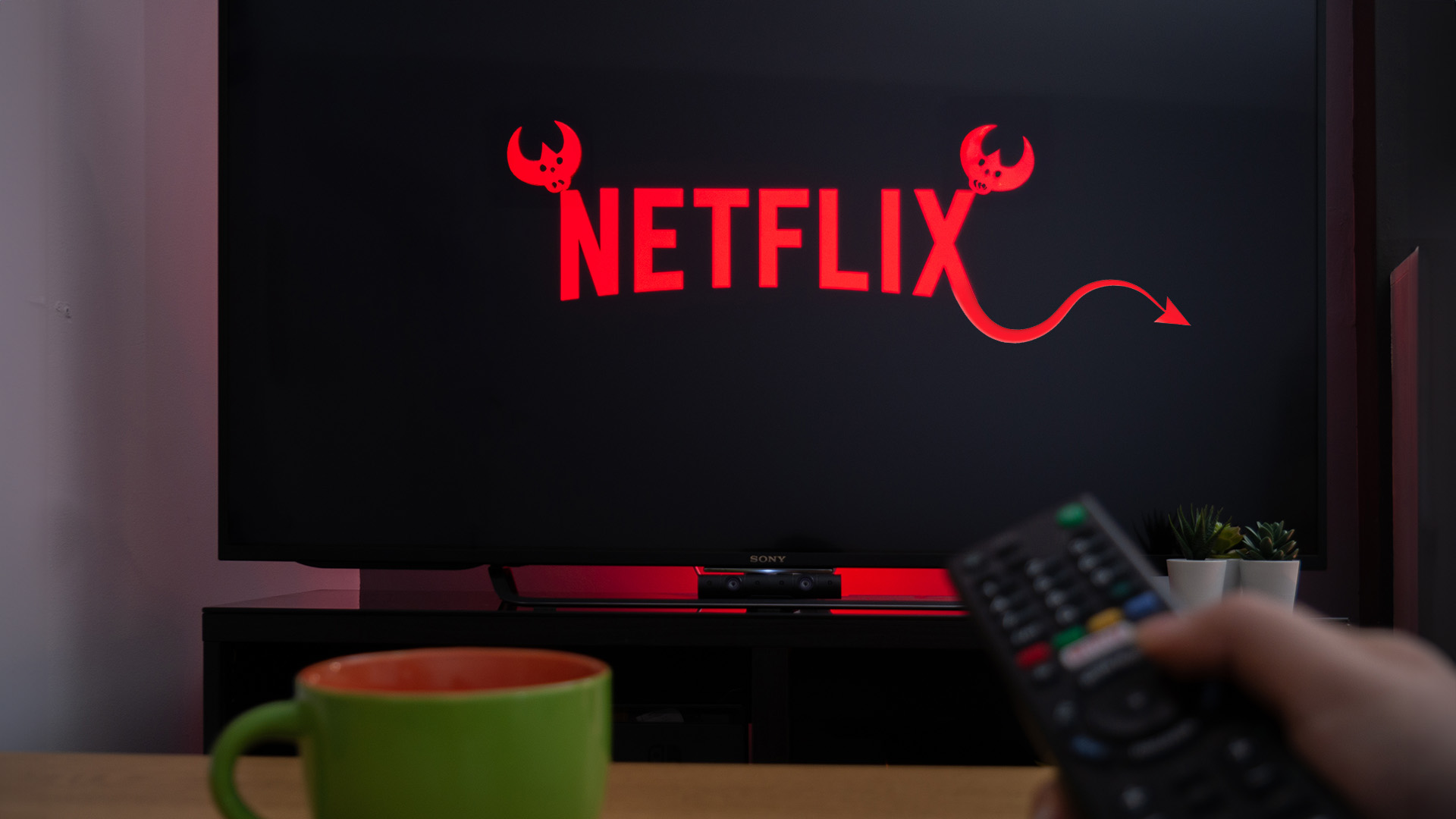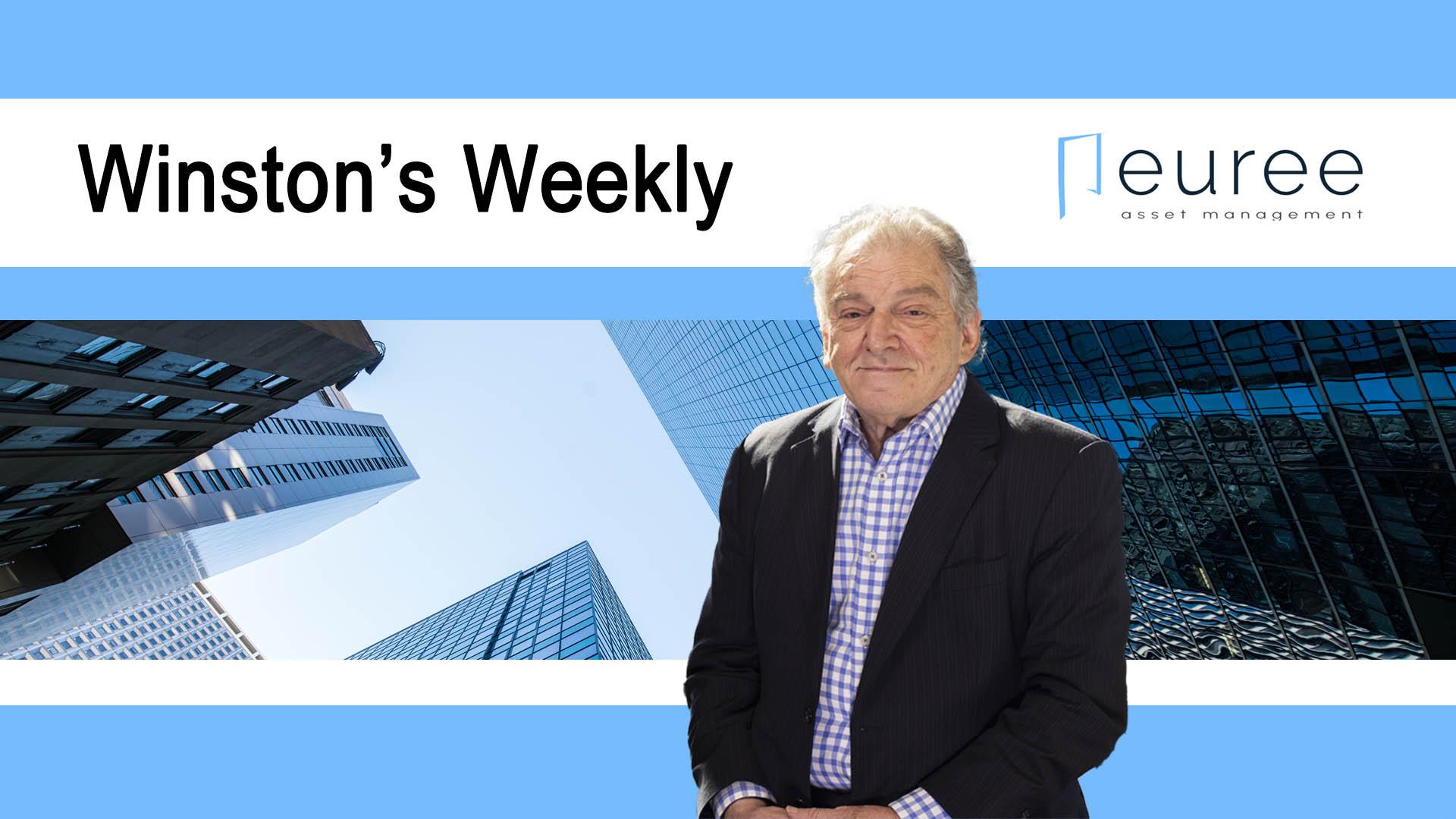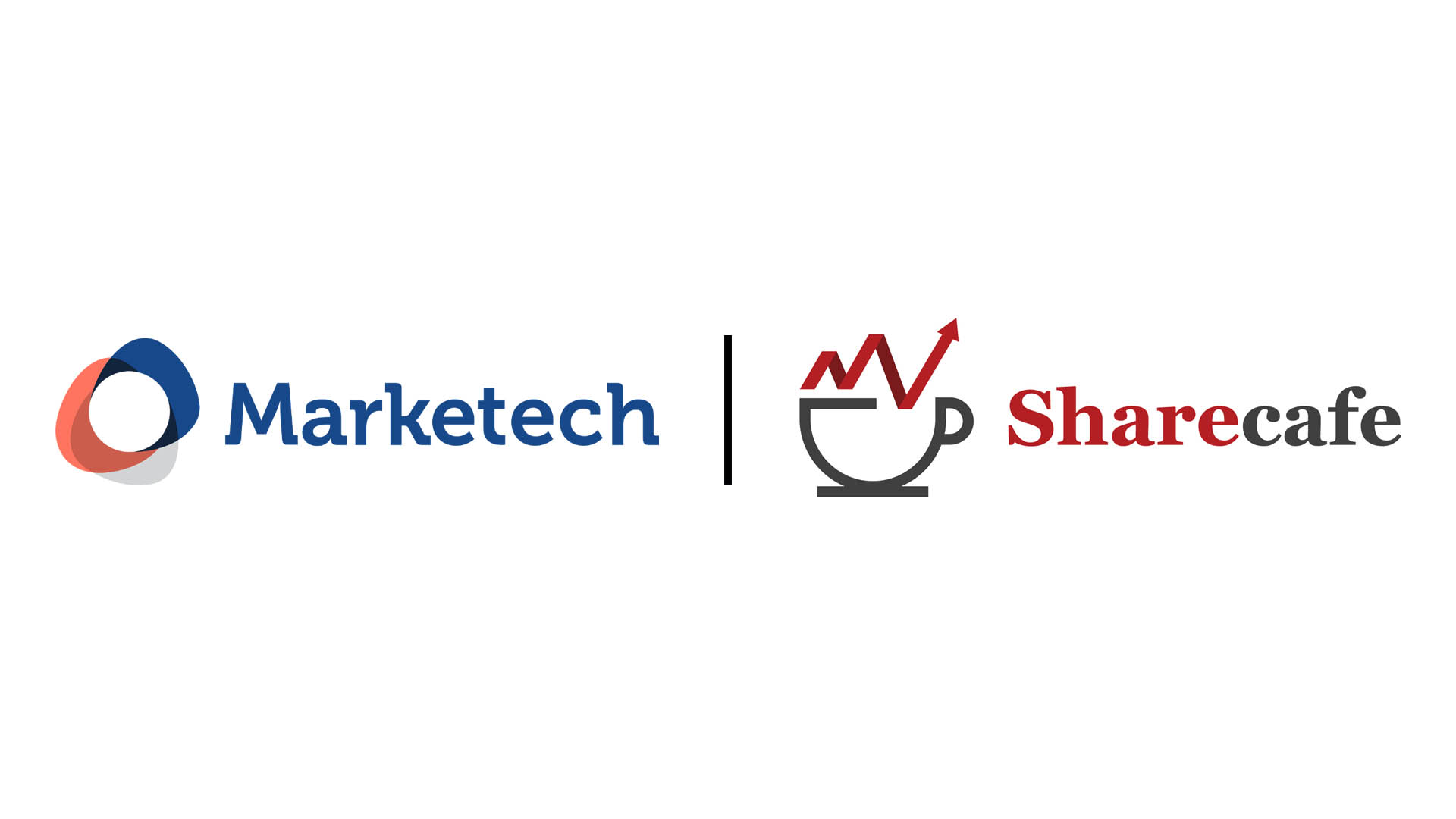Budget tax moves have seen coal miners up in arms about a rise in royalties in Queensland, but Tabcorp is happy about NSW Government changes to gambling taxes.
In Queensland coal miners will be hit with an extra three tiers of coal royalties imposed by the Palaszczuk government attempts to take a bigger slice of soaring coal prices.
The news release at 2pm saw an immediate selloff in the prices of some coal stocks.
Stanmore shares lost 21% immediately after the budget was delivered, but ended the day down 9.8% at $1.785; Coronado shares fell 10% and they ended down 7% at $1.53 and would be coal mine developer Bowen Coking Coal lost more than 40% and the shares closed down 39% at 21 cents.
Shares in BHP and Whitehaven, though, rose. BHP has 50% of the BMA coking coal joint venture and yet its stakes rose 1.7% to end at $40.95 as the news on iron ore seemed better than on Monday.
Whitehaven Coal shares jumped more than 5% to $4.78 even though it has the Winchester South coal mine project in the Bowen Basin coal sector.
The changes end a 10-year royalties freeze coming to an end on June 30 and the coal miners are still upset at the rises, despite the windfall nature of the higher profits thanks to Russia’s invasion of Ukraine in late February.
In December, the Government forecast coal royalties of $4.6 billion for 2021-22, up from $2 billion predicted in last year’s budget. The outcome though will be closer to $9 billion.
That was the last year of an agreed 10-year freeze by the government on royalties.
Despite the surge in prices, revenues and profits, the Queensland mining industry did not want any change, preferring to grab the extra money and hang on to it.
Under the expiring scheme, the top tier royalties rate (15%) kicked in at $150 a tonne. Queensland coking coal has been selling for between $300 to $500 a tonne – and at times more in the months after the Russian invasion of Ukraine on February 24.
The 10-year royalty freeze started when coking coal prices were around $150 a tonne.
Miners will now pay royalties of 20% for prices above $175 a tonne, 30% for prices above $225 a tonne, and 40% for prices above $300 a tonne.
The measures are expected to net an additional $1.2 billion in revenue. The government expects prices to ease over the next couple of years.
The high prices have already had a substantial impact on the state’s bottom line – coal royalty income for the current 2021-22 financial year will be more than $9 billion almost triple the projection in last year’s state budget.
Compared to the budget projections in 2021, royalty income from coal and gas producers are up about $$US12 billion.
Queensland Treasurer, Cameron Dick said on Tuesday multinational coal companies had enjoyed “an extraordinary period of stability” but that royalty rates needed to take into account the unplanned for windfall prices.
He said that producers could now “rest easy” knowing that royalties would remain the same when prices ease in coming years.
The changes though had the Queensland mining industry up in arms on Tuesday (as they have done since the changes were leaked earlier this month).
…………
Meanwhile it was a different story down south with leading wagering company Tabcorp happy with the rises in gambling taxes in NSW’s 2022-23 budget.
In a statement to the ASX on Tuesday afternoon Tabcorp lauded the changes as “as a further positive step toward industry reform.”
Naturally making Tabcorp happy was the transitional treatment the company received under the changes.
Under the NSW Government changes to NSW wagering taxes from July 1, the Point of Consumption Tax (POCT) rate payable by wagering companies will rise from 10% to 15% (for all companies, including online operators).
Tabcorp says it will receive transitory payments for 18 months from July 1 to ensure it is no worse off under the new regime compared to its current tax obligations.
Tabcorp said that had these wagering tax changes had applied without the transition payments to Tabcorp’s calendar year 2021 NSW revenues, its EBITDA would have been approximately $16 million lower.
So it’s no wonder Tabcorp CEO Adam Rytenskild was happy yesterday.
“Today is a positive step forward in levelling the playing field in NSW. Online bookies will pay a greater share of wagering tax which can be invested back into the local racing industry and ensures a fairer system,’’ he said.
“We welcome the NSW Government’s announcement. Online betting has changed substantially since the TAB’s licences were issued and this is an opportunity to better align with the modern economy.
“The Queensland Government has recently announced reforms to create a level playing field and NSW is now a step closer to a level playing field.”













